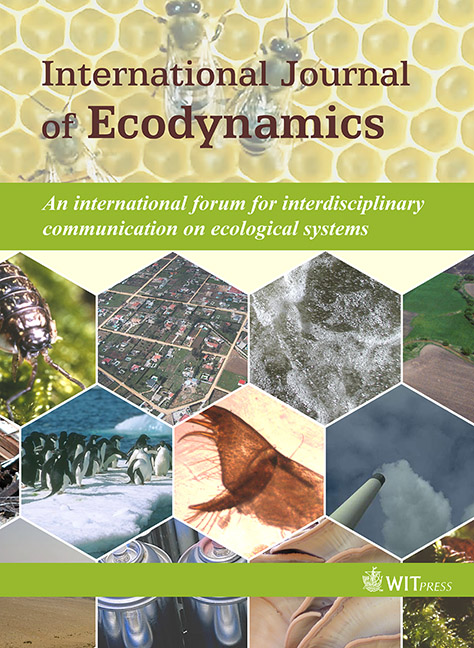Ecosystems becoming
Price
Free (open access)
Volume
Volume 2 (2007), Issue 3
Pages
11
Page Range
153 - 164
Paper DOI
10.2495/ECO-V2-N3-153-164
Copyright
WIT Press
Author(s)
R.E. Ulanowicz
Abstract
Ilya Prigogine, through his pioneering insights into complex systems, ‘established the basis for ecological systems research’. His interest in irreversibility at microscopic scales was a prelude to today's recognition of the key role that the aleatoric plays in macroscopic ecosystem behavior. With his theory of self-organization, Prigogine telescoped the need to consider processes in lieu of laws. His early work with variational statements about whole systems echoes still in today's principle of increasing ascendency for developing ecosystems. Most importantly, his theory of dissipative structures focused attention upon the nature of the agency most important to ecosystem behavior – configurations of mutually beneficent processes. Overall, his perspective on complex system dynamics eventually forced a needed revision of the metaphysical basis that supports the study of living systems.
Keywords
ascendency, autocatalysis, centripetality, dissipative structures, ecosystem, history in dynamics, irreversibility, process philosophy, self-organization




